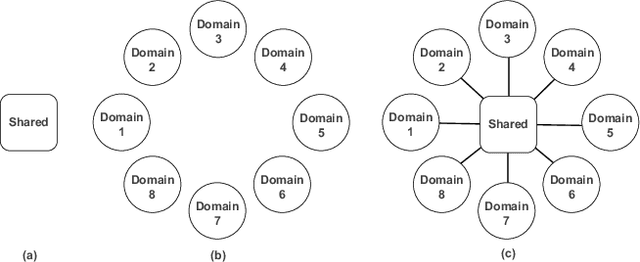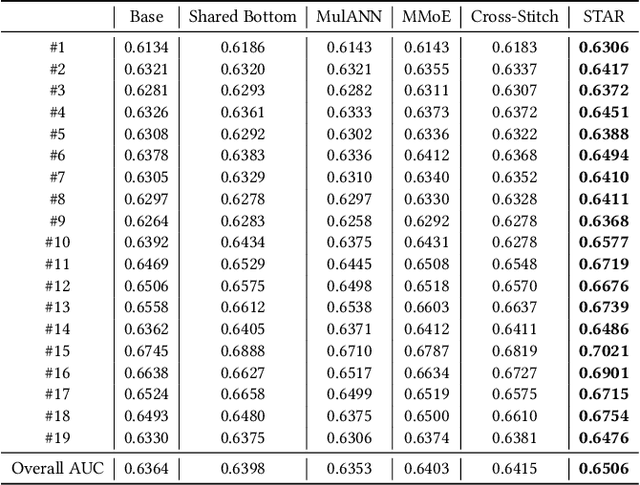Jingshan Lv
UniSearch: Rethinking Search System with a Unified Generative Architecture
Sep 10, 2025



Abstract:Modern search systems play a crucial role in facilitating information acquisition. Traditional search engines typically rely on a cascaded architecture, where results are retrieved through recall, pre-ranking, and ranking stages. The complexity of designing and maintaining multiple modules makes it difficult to achieve holistic performance gains. Recent advances in generative recommendation have motivated the exploration of unified generative search as an alternative. However, existing approaches are not genuinely end-to-end: they typically train an item encoder to tokenize candidates first and then optimize a generator separately, leading to objective inconsistency and limited generalization. To address these limitations, we propose UniSearch, a unified generative search framework for Kuaishou Search. UniSearch replaces the cascaded pipeline with an end-to-end architecture that integrates a Search Generator and a Video Encoder. The Generator produces semantic identifiers of relevant items given a user query, while the Video Encoder learns latent item embeddings and provides their tokenized representations. A unified training framework jointly optimizes both components, enabling mutual enhancement and improving representation quality and generation accuracy. Furthermore, we introduce Search Preference Optimization (SPO), which leverages a reward model and real user feedback to better align generation with user preferences. Extensive experiments on industrial-scale datasets, together with online A/B testing in both short-video and live search scenarios, demonstrate the strong effectiveness and deployment potential of UniSearch. Notably, its deployment in live search yields the largest single-experiment improvement in recent years of our product's history, highlighting its practical value for real-world applications.
One Model to Serve All: Star Topology Adaptive Recommender for Multi-Domain CTR Prediction
Jan 27, 2021



Abstract:Traditional industrial recommenders are usually trained on a single business domain and then serve for this domain. In large commercial platforms, however, it is often the case that the recommenders need to make click-through rate (CTR) predictions for multiple business domains. Different domains have overlapping user groups and items, thus exist commonalities. Since the specific user group may be different and the user behaviors may change within a specific domain, different domains also have distinctions. The distinctions result in different domain-specific data distributions, which makes it hard for a single shared model to work well on all domains. To address the problem, we present Star Topology Adaptive Recommender (STAR), where one model is learned to serve all domains effectively. Concretely, STAR has the star topology, which consists of the shared centered parameters and domain-specific parameters. The shared parameters are used to learn commonalities of all domains and the domain-specific parameters capture domain distinction for more refined prediction. Given requests from different domains, STAR can adapt its parameters conditioned on the domain. The experimental result from production data validates the superiority of the proposed STAR model. Up to now, STAR has been deployed in the display advertising system of Alibaba, obtaining averaging 8.0% improvement on CTR and 6.0% on RPM (Revenue Per Mille).
 Add to Chrome
Add to Chrome Add to Firefox
Add to Firefox Add to Edge
Add to Edge